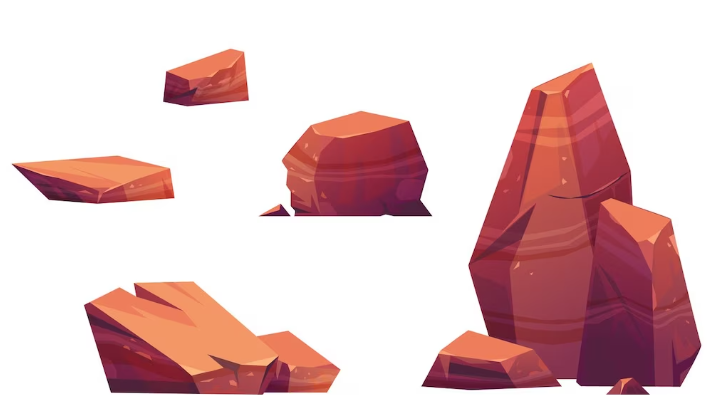 Trade Trends News
Trade Trends News
 30-06-2023
30-06-2023

Swedish battery manufacturers noticed something worrying in early 2020. Their Chinese suppliers would no longer be able to sell them graphite, a mineral vital to the production of lithium-ion batteries. The Swedes thought the problem would go away. Three years later, however, Swedish companies are still largely weakened as Chinese investment in the European battery industry increases.
While China's Ministry of Commerce has yet to issue any formal sanctions, many Chinese graphite exporters are facing sanctions that amount to a sham. One company has learned that Chinese regulators are no longer issuing licenses to export graphite to Sweden. Given that China supplies more than 60 percent of the world's natural graphite and almost all of the artificial graphite, the situation has alarmed producers who rely on China for graphite anodes for batteries. Disruptions in supply from China could disrupt the supply chain, drive up costs and disrupt production. For Sweden, where the industry is just starting out, a total export ban could cause serious damage. In its only official statement on the matter, the European Commission said earlier this year that the depletion of Chinese graphite exports "is having a negative impact on European battery production, a key area of the EU's green transition".
>>>Find More Suppliers in China<<<
China often plays its part when it tries to punish countries over political disputes. Since the beginning of its dispute with Australia in 2020, Australia has officially banned coal imports from the bottom (the ban was lifted this year) and imposed an unofficial ban on lobster, with disastrous consequences for Australian sellers who rely almost entirely on China. Chinese officials have frequently threatened to ban exports of rare earths and other minerals to the U.S. in retaliation for the sanctions. Export restrictions on battery minerals such as lithium and cobalt have become common. China is the biggest offender in limiting the supply of materials needed to make the transition to renewable energy, according to the OECD, which is made up mostly of wealthy countries.
>>>Quickly Get Australian Sellers<<<
As exports of graphite to Sweden have plummeted, Chinese investment in batteries and electric vehicles has surged across Europe. Ningde Times, China's largest battery maker, invested $8 billion in a plant in Hungary last year, one of the country's largest-ever foreign investments. Chinese companies are building smaller but similar plants in Poland. Meanwhile, graphite exports to the two countries have surged. Hungary will import $230 million worth of graphite in 2022, up from a few thousand dollars five years ago.
As it happens, Sweden's Northvolt is one of the most competitive companies in Europe's emerging battery industry. The company has begun expanding in Europe and will receive subsidies to build new plants. It's not clear what impact the graphite ban has had on Northvolt. But it is believed to have the potential to drive up costs at a time when competition for market share is more intense than ever. Insiders with knowledge of the Chinese graphite ban are beginning to question whether the informal measures are designed to hinder innovation in Europe as China gains a foothold there. in May, China's Putrai announced a $1.3 billion investment in Europe's largest anode plant. It will become a major supplier to the Swedish battery industry.
Another News
Latest News Released Today: Tendata Blogs
Other Trade Data References to EV:
1. Demand for Electric Vehicles Imports Continues to Rise in the U.S.
2. U.K. Car Production up 27 Percent in May on Steady Demand for Electric Vehicles
3. Japan's Electric Vehicle Vision Faces Battery Recycling Dilemma
Category
Leave Message for Demo Request or Questions


 T-info
T-info T-discovery
T-discovery

 My
Tendata
My
Tendata Market Analysis
Market Analysis Customer
Development
Customer
Development Competitor
Monitoring
Competitor
Monitoring Customer Relationship
Customer Relationship





































































































































